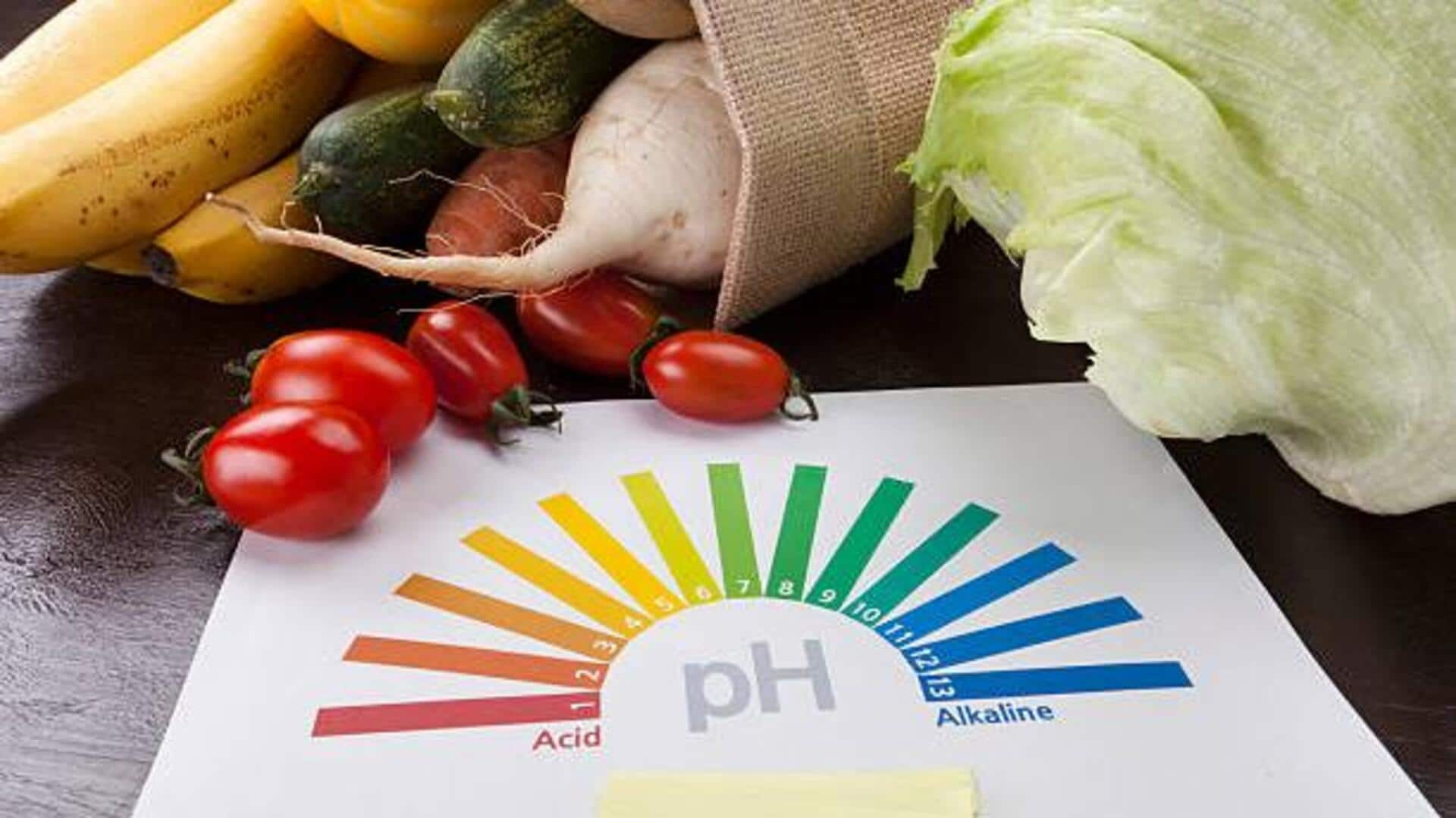
Acidic foods and stomach health: Myths v/s facts
What's the story
The belief that acidic foods worsen stomach problems is a common misconception. Many people avoid citrus fruits, tomatoes, and vinegar, fearing they will aggravate their digestive issues. However, the relationship between diet and stomach health is complex. Understanding how acidic foods interact with the digestive system can help dispel myths and inform better dietary choices. This article explores the facts behind acidic foods and their impact on stomach health.
#1
The role of stomach acid
Stomach acid is critical in digestion, as it breaks down food and kills harmful bacteria. The acidity of the food we consume has little to do with the acidity of our stomachs. In fact, most acidic foods are neutralized by stomach acids before they can have any significant effect on digestion or discomfort.
#2
Acidic foods vs. heartburn
Heartburn is often mistaken for acidity from food. It happens when stomach acid flows back into the esophagus. While some people may feel heartburn after eating acidic foods, it doesn't mean those foods are bad for everyone. Individual tolerance varies widely, and some may find relief by including these foods in their diet.
#3
Nutritional benefits of citrus fruits
Citrus fruits are often avoided due to their acidity, but they are also packed with essential nutrients like vitamin C and antioxidants. These nutrients are important for overall health and can even help with digestion by promoting the production of digestive enzymes. Instead of avoiding citrus completely, try balancing its intake with other non-acidic foods.
Tip 1
Tips for managing stomach sensitivity
If you have a sensitive stomach, it's best to pay attention to portion sizes and preparation methods when consuming acidic foods. Cooking tomatoes or adding baking soda can reduce their acidity without losing out on nutrients. Eating smaller portions spread throughout the day can also help manage any discomfort while still enjoying these healthy options.